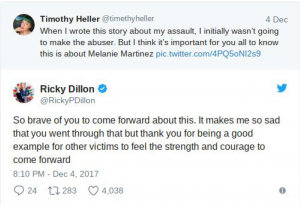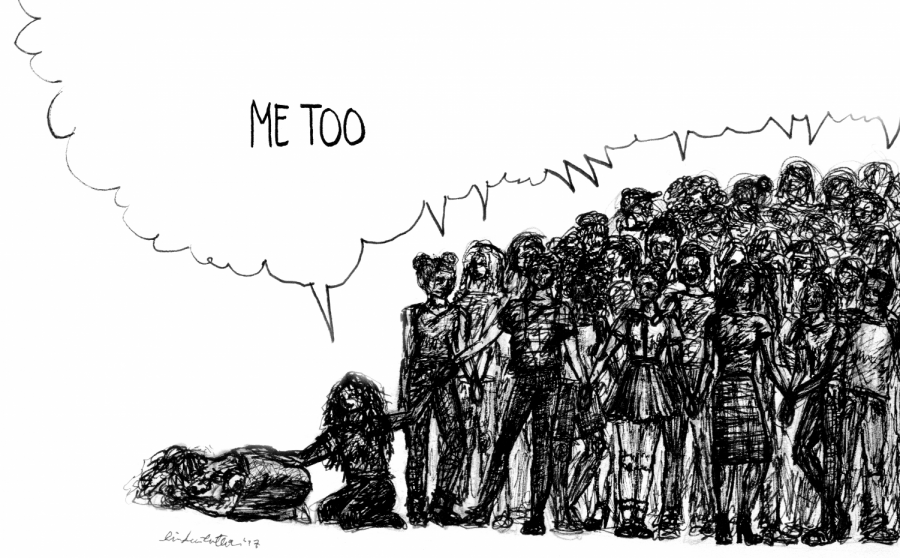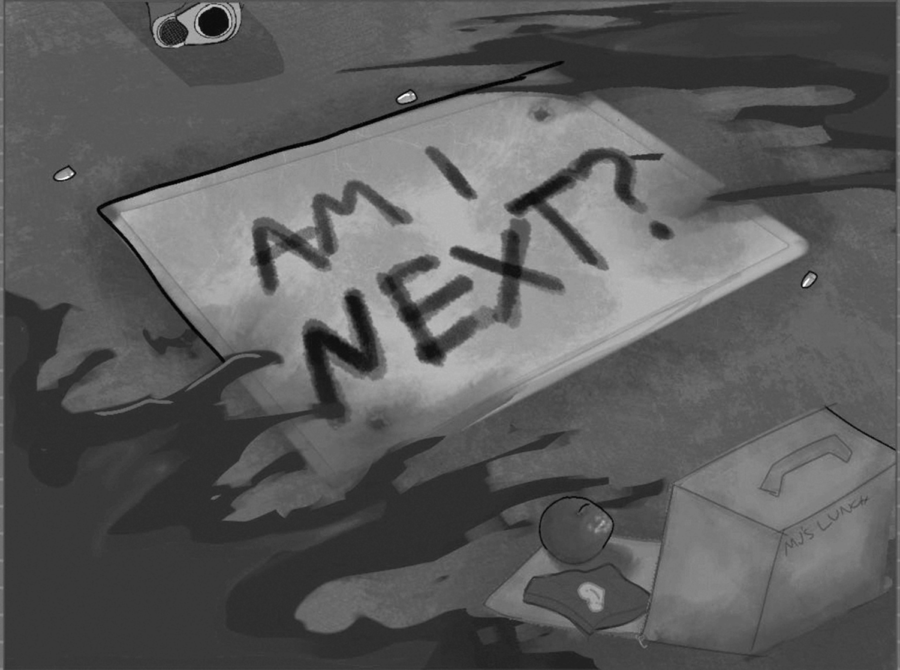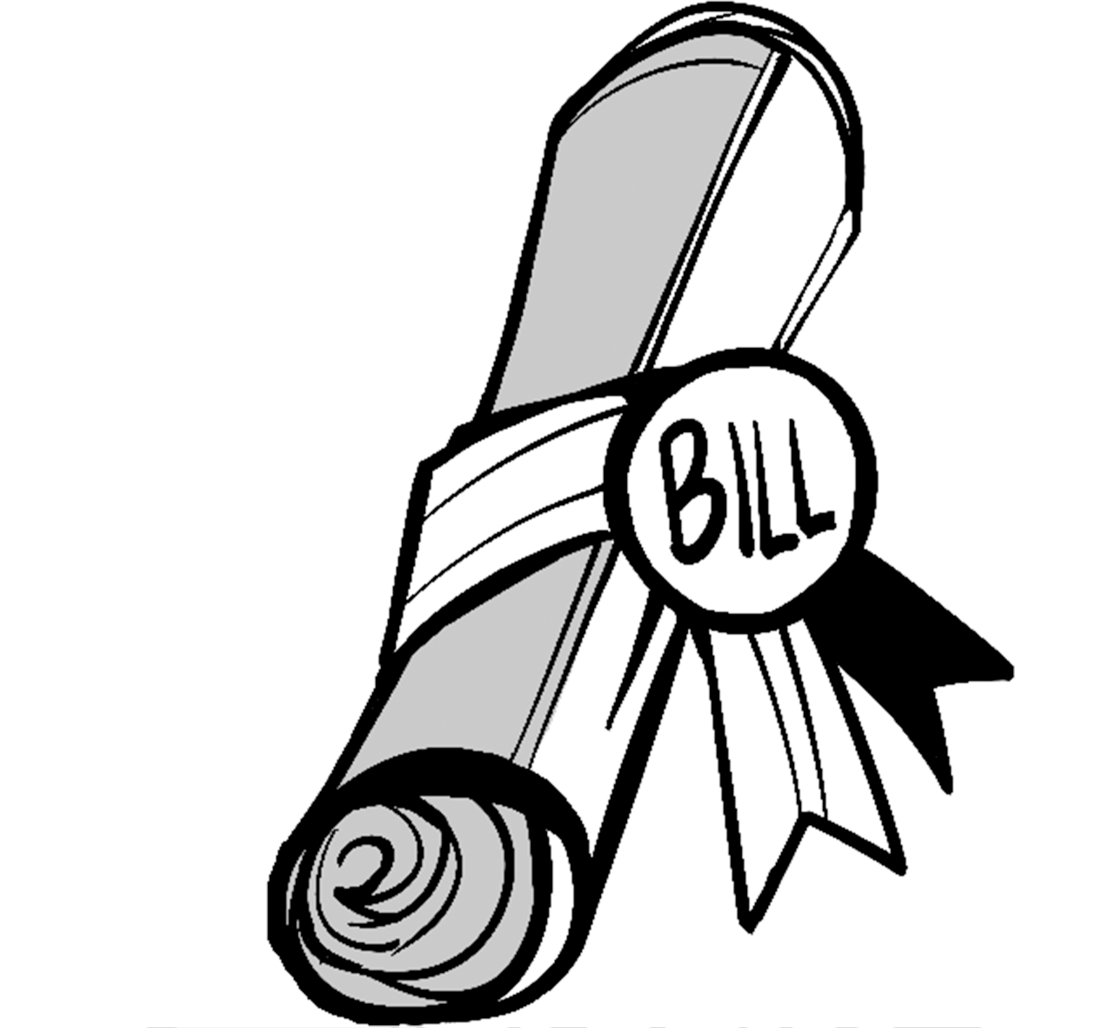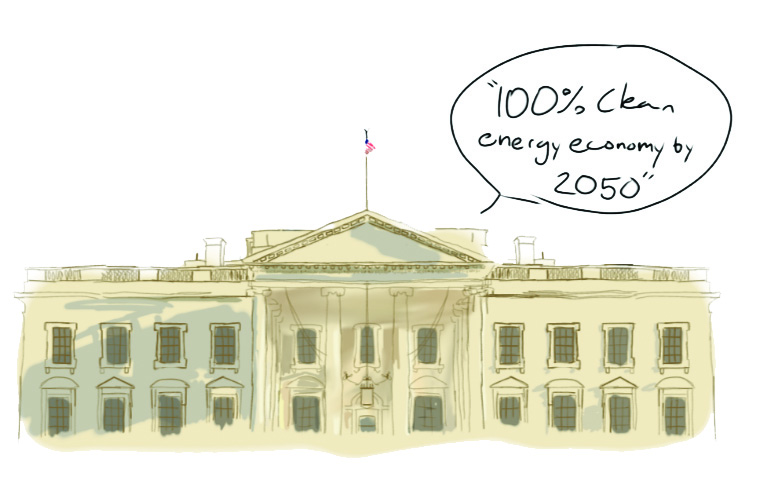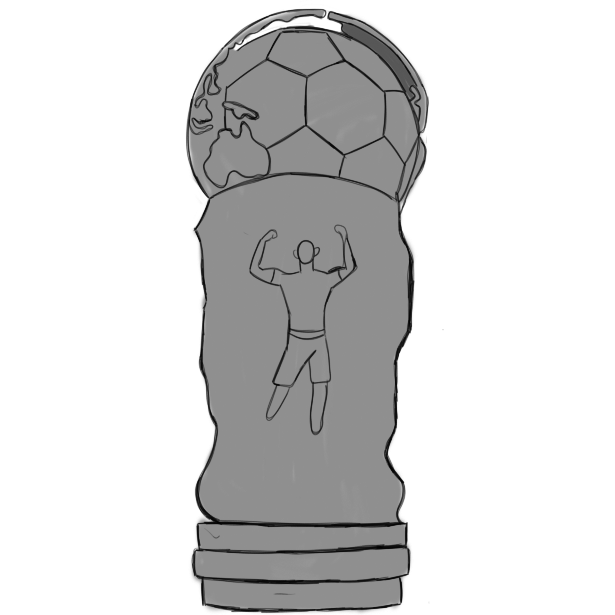Alyssa Milano, an actor, singer and activist, took one twitter hashtag, #MeToo, and revived the movement against sexual harassment and assault on women, originally campaigned by activist Tarana Burke in 2006.
On October 15, Milano turned to Twitter, posting, “If you’ve been sexually harassed or assaulted write ‘me too’ as a reply to this tweet,” with a screenshot saying, “Me too. Suggested by a friend: ‘If all the women who have been sexually harassed or assaulted wrote: “Me too”. As a status, we might give people a sense of the magnitude of the problem.’”
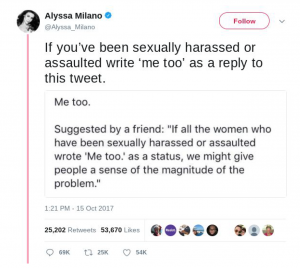
One tweet turned a hashtag into a viral movement of women expressing their experiences with sexual assault, violence and harassment.
Her tweet has elicited over 68,000 replies, 25,000 retweets and 53,000 likes. #MeToo became a viral movement, causing many other women to come out alongside Milano. Pamela Anderson, Lady Gaga and Angelina Jolie were among 50 women who had expressed their stories with allegations against film producer Harvey Weinstein, ranging from rape to sexual harassment.
“I have mixed feelings. It’s good to see the support and unity, but it’s weird to share things that are very private so publicly,” MTHS psychology and family relations teacher Kimberly Nelson said.
The movement encouraged many others to use #MeToo to raise awareness of the sexual assault and harassment problem society faces daily.
In Time’s Person of the Year, ‘The Silence Breakers’, TIME named the #MeToo movement as it’s 2017 “person” of the year. In the issue, TIME’s editor in chief, Edward Felsenthal, named many of the women and men that came forward with stories of sexual harassment and or assault.
According to Google Trends, searches relating to #MeToo were unheard of before Alyssa Milano’s tweet. Searches for #MeToo had the relative value of a search interest of zero. The search interest is a number that represents the search interest corresponding to the points on a google trend chart for the search in the given region and time ranked in a percent system from one to one-hundred. The search interest began to rise in popularity the day Milano’s tweet went live. #MeToo searches, and other similar searches such as, “what is #metoo” and “metoo meaning” reached their peaks at values of 100 during the week of October 15-21.
The numbers represent the relative interest for the search term for the given time and region; 100 is the peak of its popularity, 50 is half as popular and zero is less than one percent popular. Other high interest searches were “Twitter – social networking service”, “Harvey Weinstein”, “hashtag human sexuality” and “harassment” in search of answers for this movement.
Perpetrators such as Weinstein have caused the eruption of the sexual harassment awareness movement. The allegations against Weinstein surfaced in early October of 2017, sparking activism. These allegations not only upset many but also added the fuel to start this viral movement of people standing up against the perpetrators of sexual harassment and assault.
Sexual harassment is defined by the Coast Guard All Hands, as “a form of prohibited harassment. It is defined as unwelcome sexual advances, requests for sexual favors and other verbal or physical conduct of a sexual nature” and “Sexual assault, as defined in the Sexual Assault Prevention and Response Program Manual (COMDTINST M1754.10D), is intentional sexual contact, characterized by use of force, threats, intimidation, abuse of authority or when the victim does not or cannot consent.”
Freshman Katie Barry defined sexual assault as “anything a man or woman does to another that is unwanted and inappropriate.” Barry expressed “the movement is important to show that people everywhere, no matter their gender or non gender [specific], get assaulted or harassed and it’s a big deal. We need this. Even if [the movement] doesn’t fix everything, it is still giving awareness to a problem that faces our society every day.”
TIME’S UP “is a unified call for change from women in entertainment for women everywhere”. Time’s Up has a solidarity letter for those to sign who were sexually attacked, assaulted, and those who want to support the movement. To be added to the Time’s Up letter, people must donate to their own gofundme page that has raised over sixteen million dollars. Time’s Up’s fundraiser is a legal defense fund which is to pay for legal expenses, which “will subsidize legal support for individuals who have experienced sexual harassment or related retaliation in the workplace”. There have been more than 300 women in the entertainment realm who have teamed up with Time’s Up in solidarity battling sexual harassment and assault including celebrities such as Kendall Jenner, Emma Watson, Camila Cabello, Viola Davis and more.
Although the movement was started by a woman, the #MeToo movement does not apply to women alone.
“Men should definitely still be represented. I think that women are represented more because they are likely to be [victims],” Barry said.
According to the Rape, Abuse and Incest National Network, nine out of ten rape victims are female and one out of ten are male. Though men are still sexually assaulted and harassed, women are more vulnerable to these assaults.
“Sure, they should be represented but men are socialized differently, they have a different type of shame, and don’t have support from each other the same [as women do],” Nelson said.
Every 98 seconds, someone is sexually assaulted in the U.S., which means more than 880 people are sexually assaulted each day.
Sexual assault is so prevalent that even an MTHS student, remaining anonymous, has experienced sexual violence.
“I was 10 years old, I was being watched by my parents’ so-called friend and to make things short, he inappropriately touched me and showed me sexually explicit material. But since I was so young, I was confused. I knew something was wrong, but I didn’t realize the [gravity] of the problem until years later and couldn’t do anything,” they said.
Though the #MeToo movement has helped many women and men express their struggles with sexual harassment and assault, there is backlash to the movement. Many activists are worried about the movement going “off the rail” with false accusations.
“With big events, there’s bound to be copycats but I believe the majority of them are valid but are very hard to prove,” Nelson said.
In The Atlantic, Tina Dupuy wrote “I Believe Franken’s Accusers Because He Groped Me, Too”, and she claimed that she was groped by Senator Al Franken in 2009 while they posed for a photo.
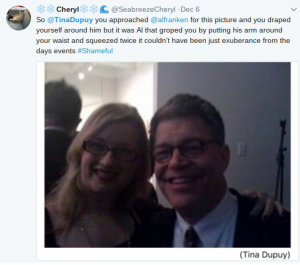
“We posed for the shot. He immediately put his hand on my waist, grabbing a handful of flesh. I froze. Then he squeezed. At least twice,” Dupuy claimed.
This accusation received mixed reactions causing many people to turn to Twitter to articulate their views.
“The #MeToo movement has been truly remarkable. Assaulters, harassers, rapists, and pigs in general being exposed and ostracized. But we can’t let people like #Dupuy undermine this cause and delegitimize this movement”, Carl Schwartz tweeted.
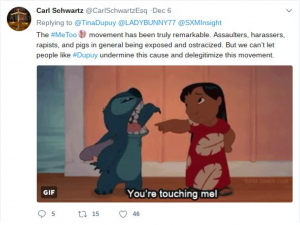
Many people think this accusation does not count as sexual assault. In one tweet, Christie Chappell expressed that the touching of the waist is not sexual harassment. Chappell believed that Dupuy’s accusation reduced the meaning of what classifies as assault, especially to the victims that go through it. Chappell also used #StandWithFranken along with many others to stand against Dupuy’s accusation until there is definite proof.

Others agree Dupuy has “belittled” the #MeToo movement. For instance, Johanna Gard expressed his belief that it is difficult for victims who have really been groped and or abused, that they live with the fear of losing their jobs, which is very concerning.

Although this movement mainly includes women who were sexually assaulted or harassed by men, women can also be the perpetrators. The #MeToo movement has motivated many to come forward, including people sexually abused or assaulted by a woman.
A recent accusation of a female perpetrator was aimed at singer Melanie Martinez. Martinez was accused by her former close friend and aspiring songwriter, Timothy Heller on Twitter.
“I never said yes. I said no, repeatedly,” Heller wrote, who said she previously suffered from sexual abuse. “But she used her power over me and broke me down. Just so there is no confusion, I was molested by my best friend.”
Within 24 hours, Martinez responded.
“I am horrified and saddened by the statements and story told tonight by Timothy Heller. What she and I shared was a close friendship for a period of time. We came into each other’s lives as we were both starting our careers as artists, and we tried to help each other,” Martinez said.
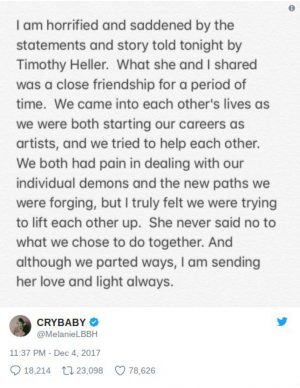
“We both had pain in dealing with our individual demons and the new paths were forging, but I truly felt we were trying to lift each other up. She never said no to what we chose to do together. And although we parted ways, I am sending her love and light always.”
Martinez’s response caused backlash when many people argued that if Heller never said “no,” she didn’t necessarily give consent. Catalie Nurren on Twitter called Martinez’s response a “basic rapist defense”.
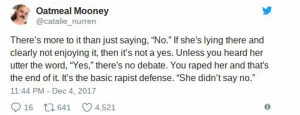
Although Martinez rejected the accusation, many people turned to Twitter to communicate their support for Heller for coming out so bravely.
Popular YouTube personality and singer-songwriter Ricky Dillon replied to Heller’s tweet, giving her support for coming forward with her story and encouraging other victims to also come forward.
